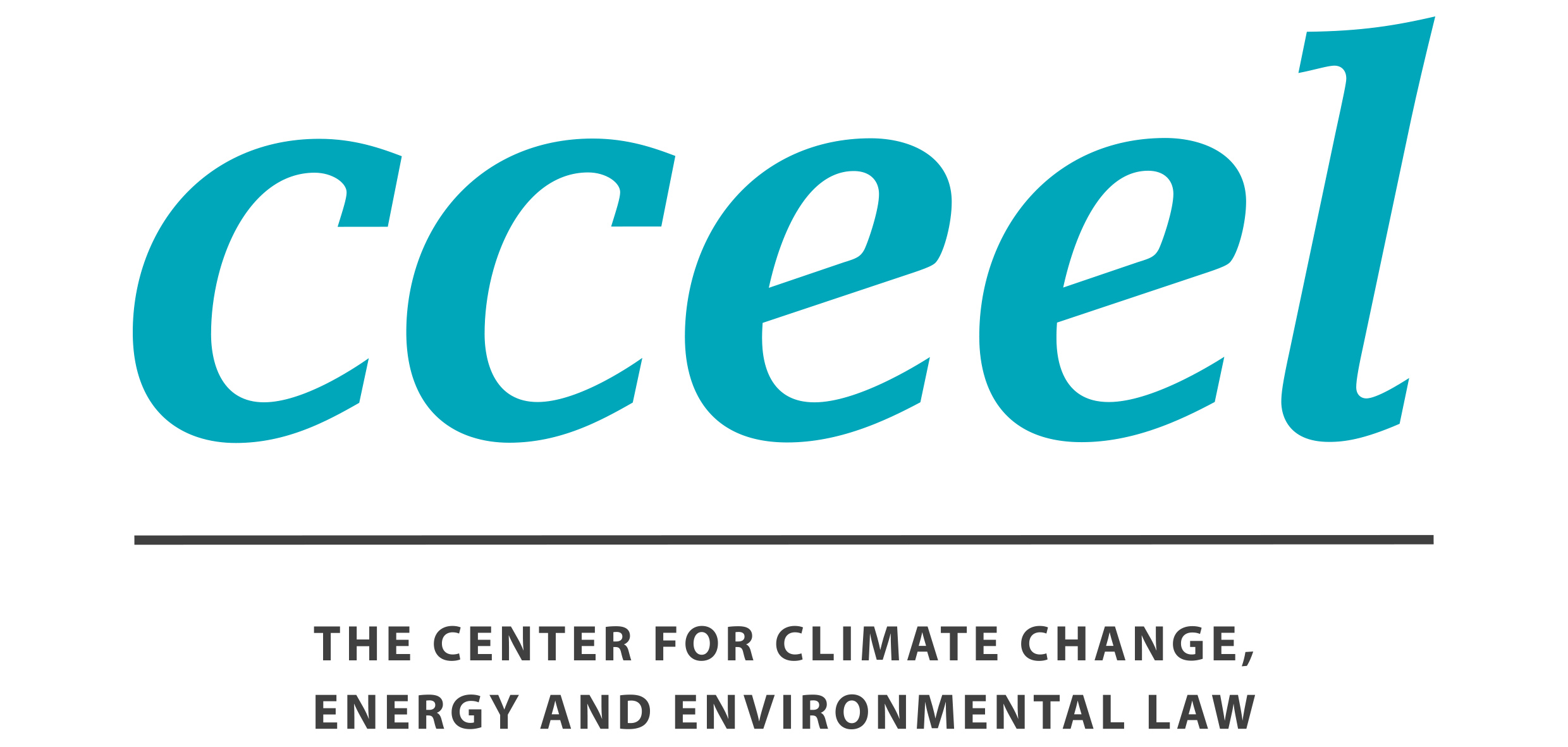Leaving No One Lost in Transition: Citizens and the Legitimacy of Finland’s Transition to a Carbon Neutral Welfare State (2035Legitimacy)
The goals of limiting the global average temperature increase to 1.5-2°C and achieving global carbon neutrality by 2050 are achievable, but they require significant societal changes. For climate policy to succeed in a democratic society, its legitimacy and public acceptance are crucial. Climate policies must be carefully implemented to avoid imposing top-down restrictions on individuals and businesses without considering their broader social acceptability.
UEF Project members

Kati Kulovesi
Consortium Leader

Tuula Honkonen
Project Coordinator

Vilja Johansson
Communication Manager

Nicola Sharman
Early-Stage Researcher, Law

Maiju Mähönen
Doctoral Researcher
Finland’s goals of being carbon neutral by 2035 and carbon negative soon after are ambitious but achievable, and research is emerging concerning economic and technological options to implement them. However, the social and legitimacy dimensions of the carbon neutrality target have received much less attention. The 2035Legitimacy project is designed to address this important research gap.
The project builds on the assumption that Finland’s 2035 carbon neutrality goal is essential for implementing the Paris Agreement and securing a sustainable long-term future. However, the necessary fundamental societal transformation cannot be imposed on a democratic society based on scientific and technological advice alone; it requires widespread social support. The project will thus study the legitimacy of Finland’s 2035 carbon neutrality transition and opportunities to address related challenges, especially from the perspective of private citizens. The project is strongly multidisciplinary, combining law, economics, sociology and climate science.
The research consortium is led by Prof. Kati Kulovesi from CCEEL. The other partners are the VATT Institute for Economic Research, the Finnish Environment Institute, the Finnish Meteorological Institute, the University of Helsinki and the University of Jyväskylä.
The 2035Legitimacy consortium seeks to engage with a broad range of societal actors and identify concrete policies and actions through which the legitimacy of Finland’s planned transition to a carbon neutrality by 2035 can be strengthened. Legitimacy refers to the transition’s social acceptability, its impacts on individual and collective welfare, and opportunities for the public to engage in shaping it. The underlying assumption is that a high degree of legitimacy is crucial for the success of Finland’s ambitious plan to be one of the world’s first carbon neutral countries, and that co-creation with actors representing a broad range of social spheres and interests can help to address the related challenges.

